News

Suturing draft genomes: LongStitch software helps to mend long read sequences
GSC Researchers from the Birol Lab have developed LongStitch, a scalable pipeline for correcting and assembling draft genomes using long reads.
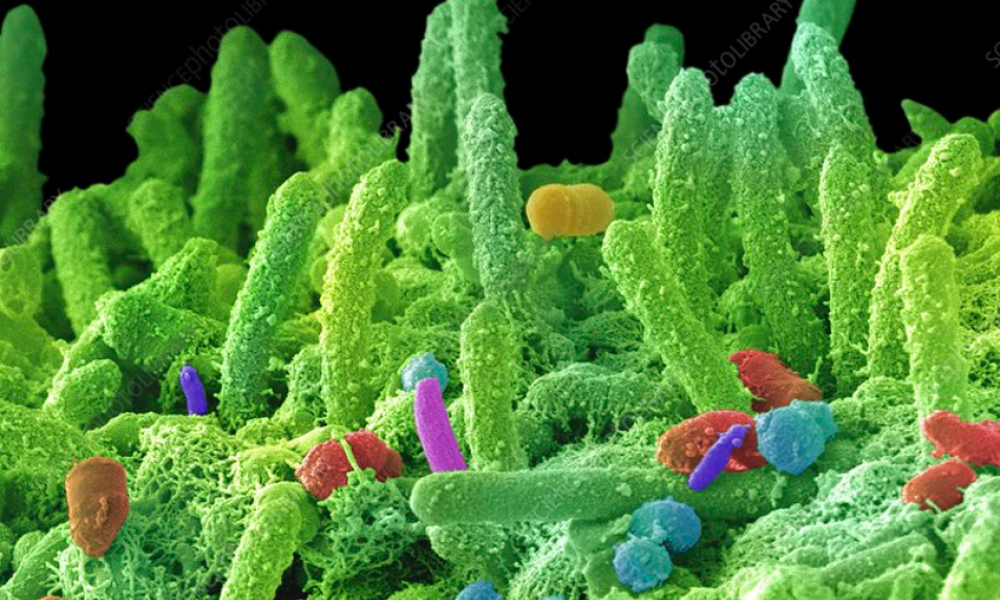
Transcriptional and epigenetic response of different cell types to F. nucleatum
Research on the role Fusobacterium nucleatum plays in cancer shows that the transcriptome and epigenome of different host cell types are affected by the pathogen in different ways.
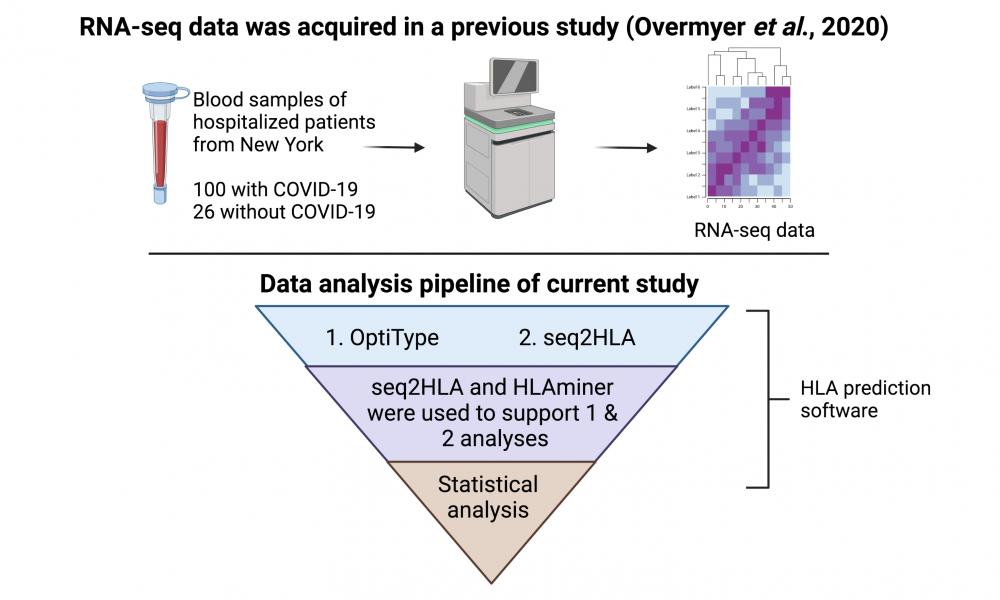
Associating host immune genes with COVID-19 status and disease severity
Using COVID-19 New York patient metatranscriptomics, GSC researchers René Warren and Dr. Inanç Birol, find association between certain HLA alleles and COVID-19 disease severity

DAP Certification Ensures Quality Clinical Care
The College of Physicians and Surgeons of BC Diagnostic Accreditation Program (DAP) gives full accreditation to GSC facilities.
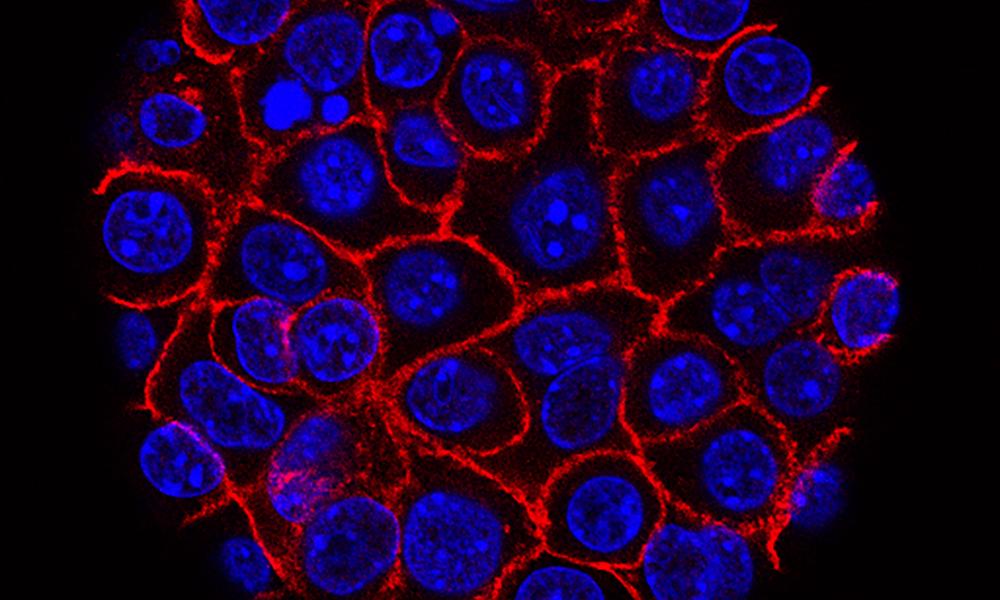
Four New Molecular Subgroups of Pancreatic Neuroendocrine Neoplasms Identified
Identification of four molecular subgroups of pancreatic neuroendocrine neoplasms (PNENs) with potential implications on patient stratification and treatment.

Filling in the gaps: GapPredict can complement repertoire of tools used to resolve missing DNA sequences in genome assemblies
GapPredict, the latest bioinformatics innovation from the GSC’s Birol Lab, uses deep learning to predict missing DNA bases in the gaps of [short-read] genome assemblies
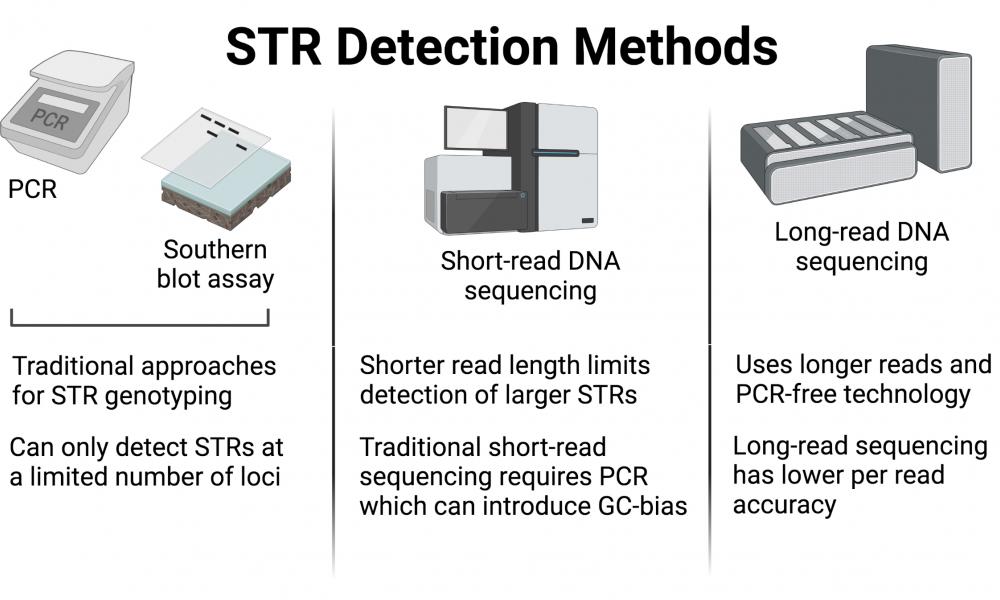
Straglr: a new software tool for targeted genotyping and repeat expansion detection
Researchers in the lab of Dr. Inanç Birol, GSC Distinguished Scientist, develop Straglr, a new software tool for targeted genotyping and repeat expansion detection.
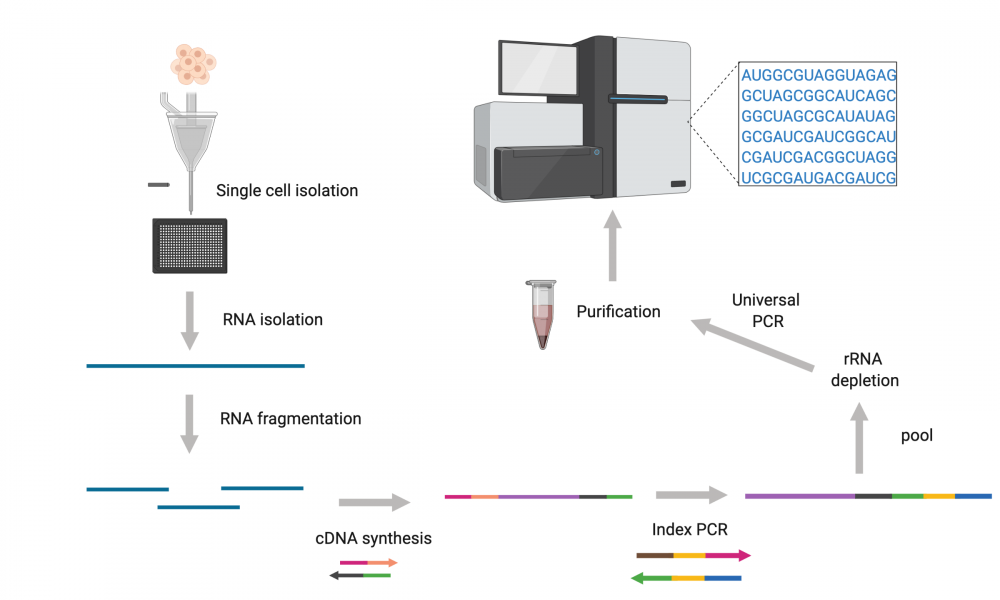
GSC researchers develop new method of single-cell RNA sequencing
A new method of single-cell RNA sequencing allows for high-throughput, full-length, strand-specific sequencing of transcripts.
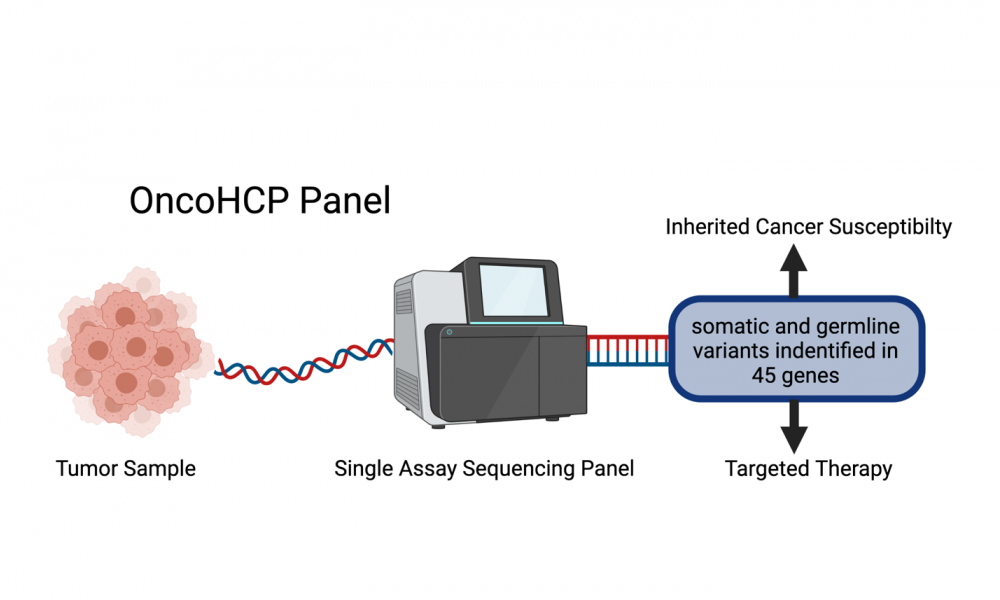
Tumor sequencing panel screens for both somatic and germline changes of clinical significance
The GSC has developed a next-generation sequencing test that can identify both acquired and inherited gene changes in tumor tissue. A paper published in the Journal of Molecular Diagnostics explains how this information can be used in the clinical management of patients with advanced cancers and their families.